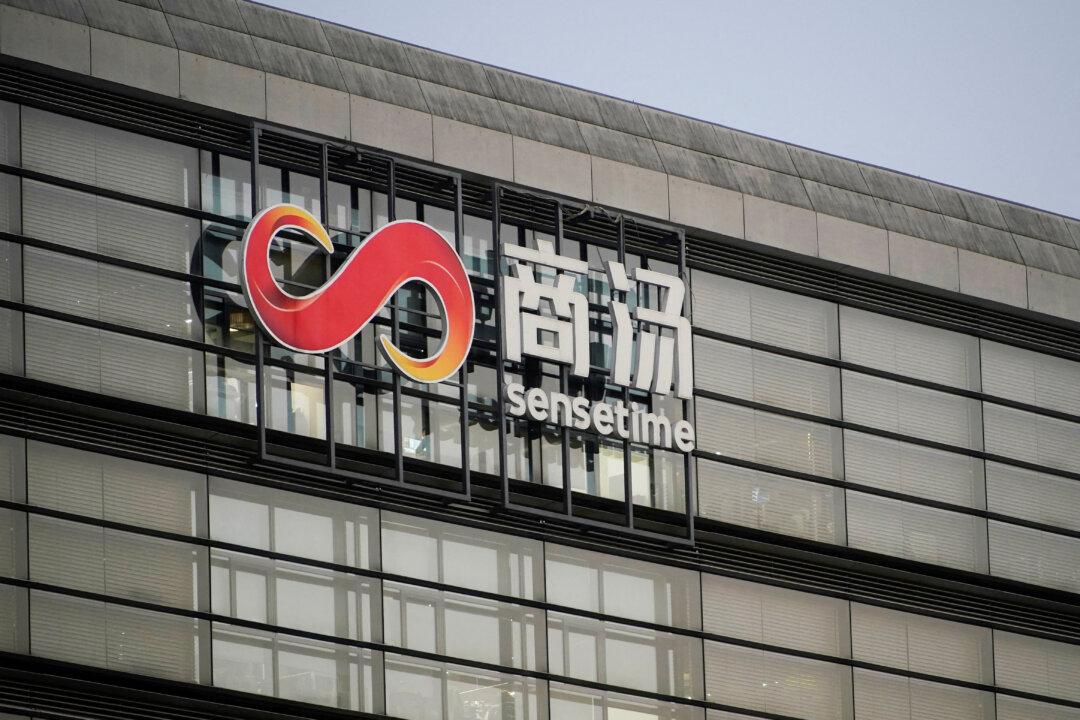Amid China’s economic downturn, several new equity funds have failed to attract investors, and fund managers have been resigning in droves since the start of June. Analysts attribute the equity fund trend to the poor performance of Chinese A-shares on the stock market, which has made stock selection and profitability challenging for fund managers.
Contributing to the exodus is China’s newly implemented registration-based system for IPOs, which makes fraudulent listings more of a risk, prompting investors to prioritize safety.






